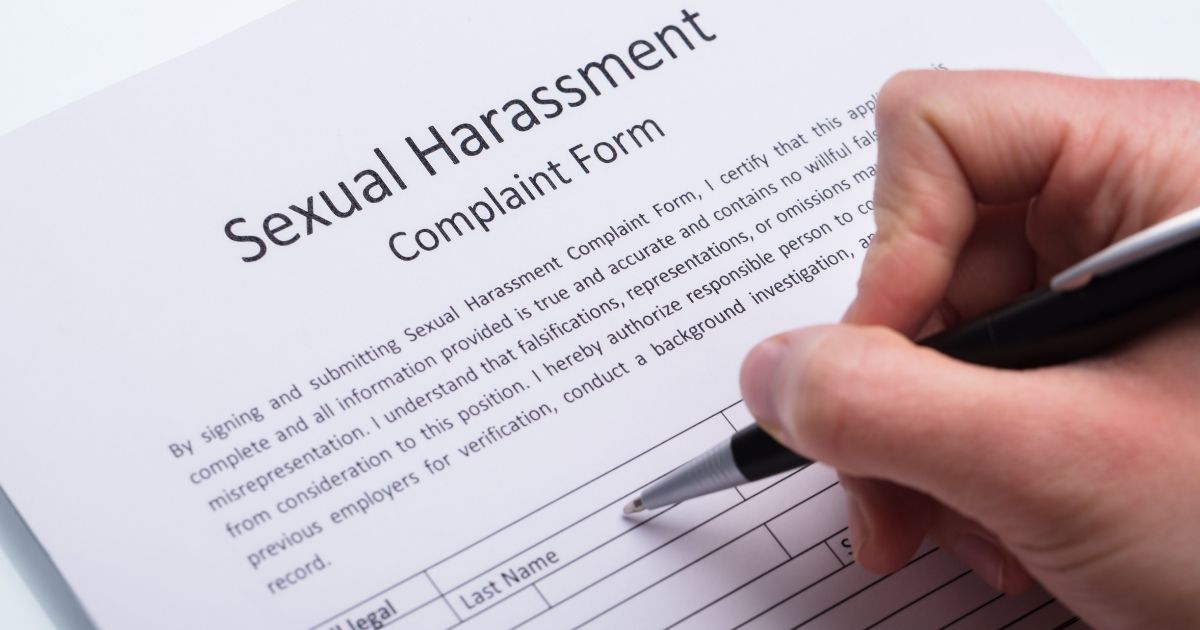Can Misconduct at an Off-Site Work Party Qualify as Sexual Harassment?

Many employers have codes of conduct or otherwise generally accepted standards of behavior that workers and manager must follow. Under the best of circumstances, codes of conduct promote a safe work environment. They also help to prevent workers from embarrassing their employers through criminal activity or other unacceptable behavior that might trigger the need for legal assistance from an experienced lawyer.
Employer-enforced codes of conduct clearly apply in the workplace, but just how far that workplace responsibility extends could become the crux of a lawsuit. A recent example of a Tennessee sexual harassment case regarded off-site activities involving off-the-clock employees that eventually entered the workplace.
The event began as an October Halloween costume party that started at the restaurant where attendees worked in 2017. The organizers were in managerial positions and encouraged workers to drink, gave them discounted drink coupons, and sold alcohol to the workers. After the party concluded, several attendees continued the festivities at the home of another worker.
Sexual Harassment Claim Arises
While at the off-site party, an individual allegedly grabbled a female worker by her neck and suggestively pressed his body into hers on two different occasions while at the party. The individual who pressed his body into the worker was an assistant manager at the restaurant and described as the second-in-command at the workplace.
The apparent victim and several of her coworkers afterward reported the incidents to the manager in charge, but the manager dismissed the actions as acceptable behavior. Upon learning of others who experienced the same treatment from the same individual that night, the woman filed a written sexual harassment complaint.
Workplace Retaliation Alleged
Despite a female worker complaining about sexual harassment from a manager and corroborating accounts from others, the worker’s employer did nothing, which gave rise to workplace retaliation. The complaints and initial reaction by management all agreed that the assistant manager in question clearly engaged in the behaviors mentioned. The assistant manager clearly was in a position of power over others and allegedly engaged in unwanted touching and downright unlawful behavior.
However, instead of investigating the complaint, the manager in charge, who also is female, dismissed the matter and blamed the female workers for dressing scantily. The complaining worker afterward says she endured workplace retaliation and ongoing harassment from the assistant manager, including outside her home. The assistant manager maintained his position of power over several women who complained about his behavior, and those workers were forced to serve him whenever he ate at the restaurant.
The worker who complained the most says her managers reduced her work hours and gave her less-favorable work assignments that greatly reduced her tips and work income. The woman also was reprimanded for wearing alleged inappropriate clothing during the Halloween party and was the only worker reprimanded for the claimed offense. She filed a sexual harassment complaint that went to a state trial court.
Courts Weigh Case Merits
The subsequent showed the manager in question was drunk and allegedly made at least five women fear for their safety due to his behavior at the after-hours party. The court ultimately ruled the event took place outside of the workplace, was voluntary, and any alleged sexual assault was not work-related. An appellate court disagreed, however.
An appeal of the lower court’s decision eventually resulted in a judgment against the workplace and the manager in question. The appellate court determined the after-party was a continuation of the word-sponsored event and that employer reasonably should have known about the unsavory behaviors of the manager in question.
The case clearly illustrates the complexities of workplace responsibilities by employers and how even off-site events could trigger the need for services from an experienced lawyer.
Philadelphia Employment Lawyers at Sidkoff, Pincus & Green P.C. Resolve Off-Site Sexual Harassment Cases
The Philadelphia employment lawyers at Sidkoff, Pincus & Green P.C. help clarify complicated legal matters in the workplace, such as liability for off-site sexual harassment. It may be difficult to pursue a lawsuit regarding after-hours sexual harassment, but we can help you build a strong case. Call us at 215-574-0600 or contact us online for an initial consultation. We are located in Philadelphia, and we serve clients throughout Pennsylvania and New Jersey.















